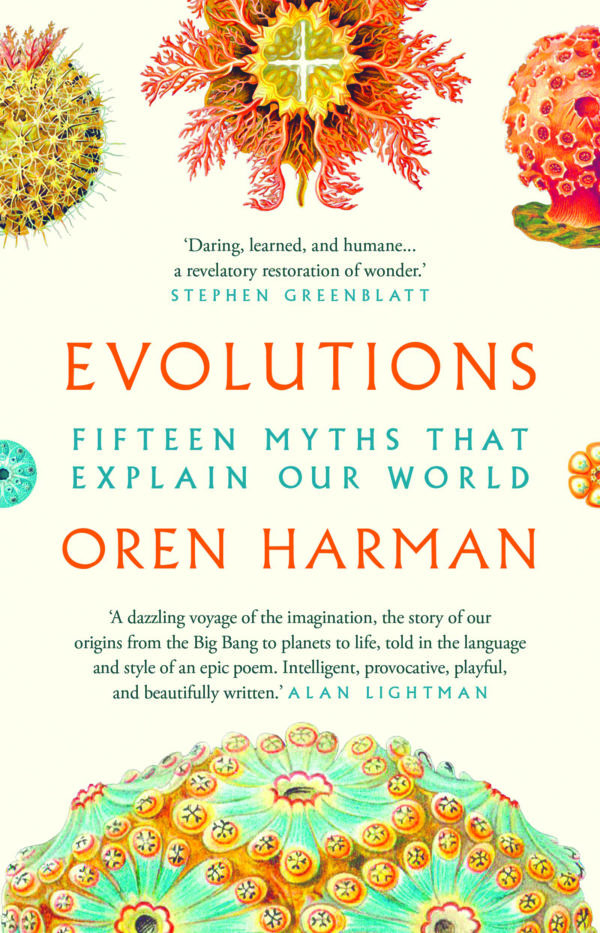When I was a boy, my mother read me the myth of Icarus. I wept on my pillow when the wax attaching the wings to his slender body melted, sending him tumbling to the ground from high above. Why hadn’t he heeded his father’s warning not to fly too close to the sun? It was a kind of hubris, and curiosity, wasn’t it? And I knew that I couldn’t always control mine either.
In those days I’d spend hours at the Museum of Natural History [in New York]. Looking up from my little frame at the giant dinosaurs, I felt a sense of wonder and astonishment. Was it true that these creatures walked the Earth millions of years ago, when our ancestors were frightened shrews scurrying between their shadows?
To me, the mysteries of mythology and the mysteries of science were one of a piece. Both pointed deep into the caverns of our humanity, challenging us to think about who we are and why.
And yet there was a clash: science promised to be a replacement for mythology. The Chinese believed that the world hatched from an egg and the Maori that it was born of a broken love embrace between the Father Sky and Mother Earth. We moderns knew better: it had come from a Big Bang. The ancient Greeks spoke of a jealous Hera and a tempestuous Zeus, but we use genes and natural selection to understand jealousy and desire, and we marshal physics, rather than imagined thunderbolts, to explain the workings of our universe.
There are truths in this world, after all, that even science cannot touch
Something in me told me that as much as science had replaced religion in many people’s minds, it needn’t be a death toll to mythology. There are truths in this world, after all, that even science cannot touch. It was these truths – like the meaning of love and death and freedom and sacrifice, the mysteriousness of fate and trickiness of hope – that when all is said and done, matter most.
I eventually grew up to become a professor of the history and philosophy of science and a writer, but my earlier intuitions never left me. The higher the modern world flew, just like Icarus, the more did it seem to me that its wings were also melting.










